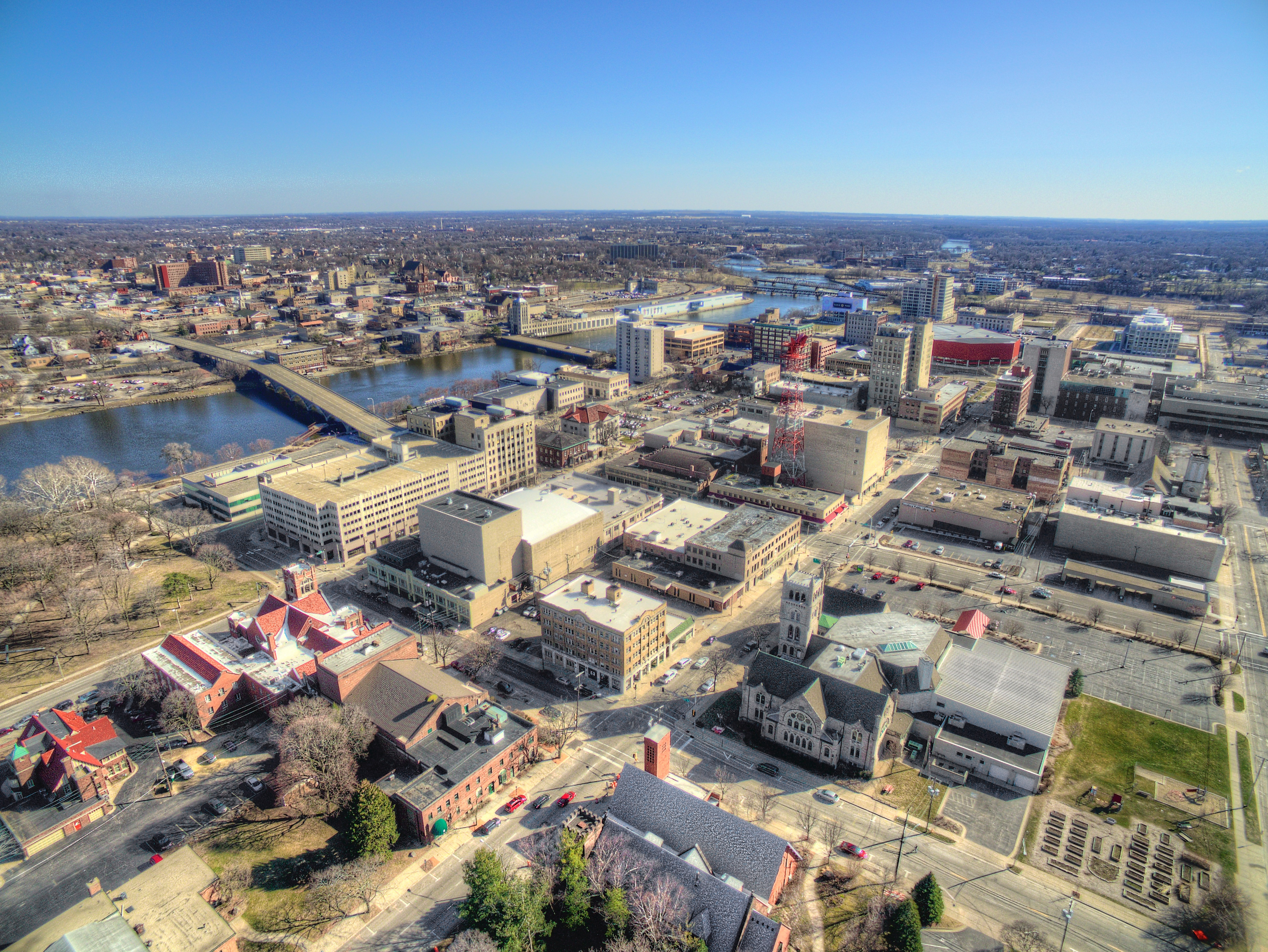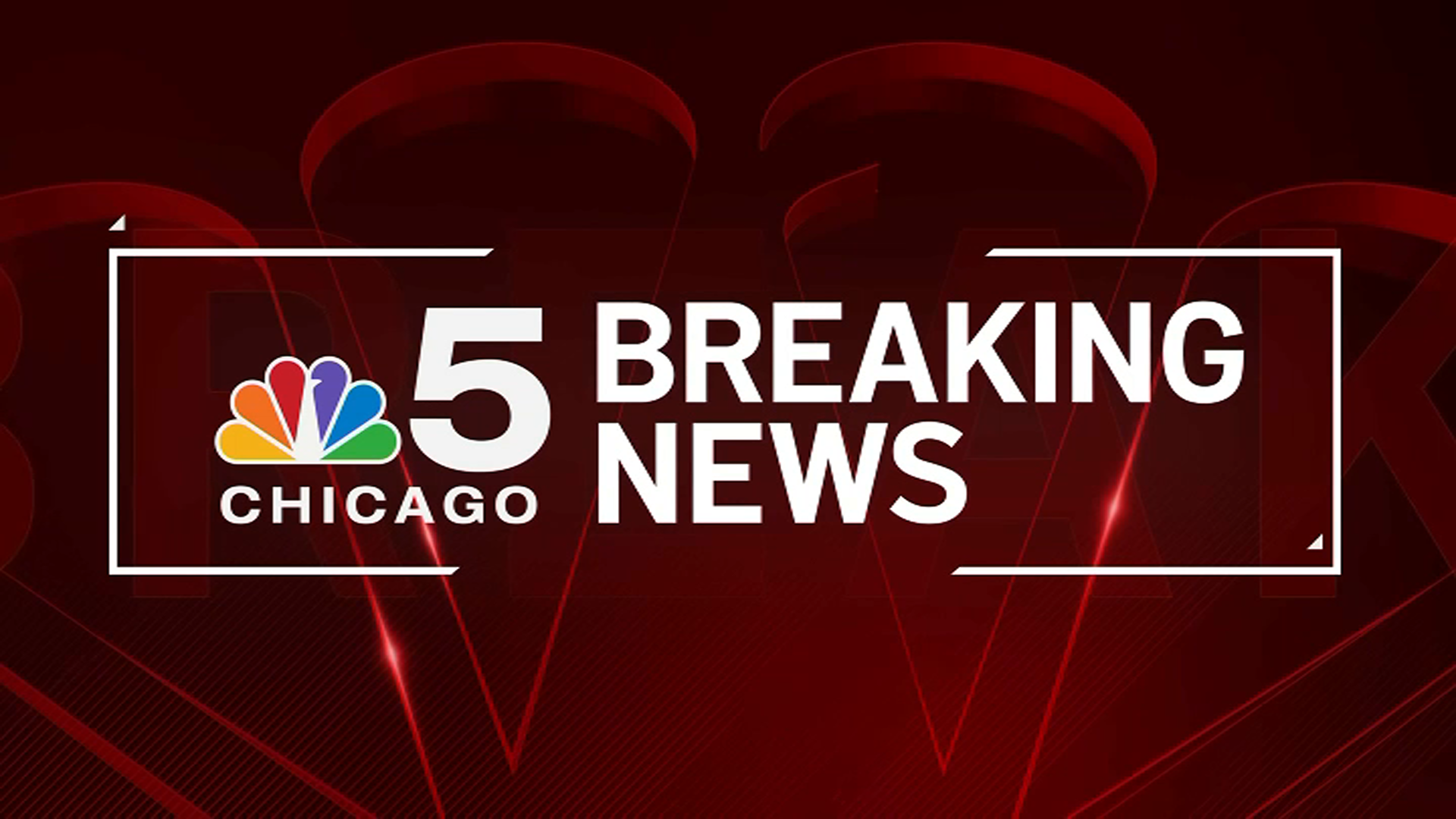Illinois Gov. J.B. Pritzker is expected to announce a new reopening plan later this week that could ultimately bring the state back to normal, but under new guidelines.
Currently, Illinois is under Phase 4 of the Restore Illinois plan the governor announced early in the pandemic last year. Next up would be Phase 5, which marks a full reopening, but requires a widely available vaccine or highly effective treatment for coronavirus.
But in a state Senate health committee meeting Monday, Illinois Department of Public Health Director Dr. Ngozi Ezike said a new reopening plan could be announced "later this week."
According to the Chicago Tribune, Ezike said "there may be one more phase" between Phase 4 and Phase 5. Few details have been revealed, but one thing is certain: masks will continue to be mandated in the state, she said, adding that "masks have to continue to be a mainstay.”
Feeling out of the loop? We'll catch you up on the Chicago news you need to know. Sign up for the weekly Chicago Catch-Up newsletter here.
A spokesperson for the governor confirmed Pritzker has been in "discussions with industry and health experts."
Earlier this month, Texas became the biggest state to lift its mask rule, joining a rapidly growing movement by governors and other leaders across the U.S. to loosen COVID-19 restrictions despite pleas from health officials not to let their guard down yet.
Mississippi Gov. Tate Reeves said he is getting rid of most mask mandates that he had imposed to try to slow the spread of the coronavirus. He is also lifting most other restrictions, including limits on seating in restaurants.
Local
Alabama Gov. Kay Ivey also announced that she will extend the state's mask mandate through April 9, but will lift the order after that date.
With vaccinations for coronavirus in Illinois increasing, and eligibility expanding, a full reopening is inching closer, but Pritzker has repeatedly said the state is not there yet.
"You know, I've said from early on that what we need is an effective vaccine that we can widely distribute and a very effective or a very effective treatment that we could widely distribute and we're getting there," Pritzker said earlier this month. "I mean... about one in seven Illinoisans already has their first dose in their arms. We need to get closer to herd immunity for everybody to feel, you know, that we're beyond phase four and for us to actually be able to reopen everything entirely."
Herd immunity is defined by the World Health Organization as "when a population is immune either through vaccination or immunity developed through previous infection," though the group notes that for coronavirus such immunity "should be achieved by protecting people through vaccination, not by exposing them to the pathogen that causes the disease."
The exact amount of herd immunity necessary to reopen further remains unclear, particularly as concerns rise over variants of the virus emerging in the U.S. and around the world and whether the current vaccines will continue to offer protection.
"We are still learning about immunity to COVID-19," WHO reports. "Most people who are infected with COVID-19 develop an immune response within the first few weeks, but we don’t know how strong or lasting that immune response is, or how it differs for different people. There have also been reports of people infected with COVID-19 for a second time. Until we better understand COVID-19 immunity, it will not be possible to know how much of a population is immune and how long that immunity last for, let alone make future predictions."
Already, however, Chicago Mayor Lori Lightfoot said the city could see a summer more like "what we normally experience," and the governor's office noted that McCormick Place could also be bringing back some events.
"We know so much more about the virus, how it spreads that we did a year ago," Lightfoot said last week. "We know, in particular, about outside events -- that we can manage these in a safe way that's consistent with the public health guidance. So, as I said, I think the summer of 2021 looks more like what we normally experienced."
Illinois earlier this year lifted its tiered mitigation plan, bringing all of its regions back to Phase 4 guidelines as cases and hospitalizations continue to steadily decline in the state. The move to Phase 4 brought back indoor dining and reopened several businesses, while expanding capacity limits in others.
The first coronavirus vaccinations were administered in Illinois in December as health care workers and long-term care facility residents and staff began receiving doses.
Since then, the state entered its next phase of vaccine rollout, called Phase 1B, opening up vaccines to frontline essential workers and residents age 65 and older. That group expanded to include people age 16 and older with certain high-risk medical conditions and comorbidities. Chicago, along with several suburbs and health care systems, opted to not enter the expanded phase, citing limitations with supply.
On Monday, Pritzker said Illinois plans to exceed President Joe Biden's promise to make all adults eligible for the COVID-19 vaccine by May 1.
"I just think that people should start to think very much about...the fact that we're going to open this up to everybody relatively sooner than I think people expected," Pritzker said during a one-on-one interview with NBC 5's Mary Ann Ahern.
In all, Illinois has received 5,038,635 doses of the vaccine, and a total 4,102,810 have been administered in the state.



